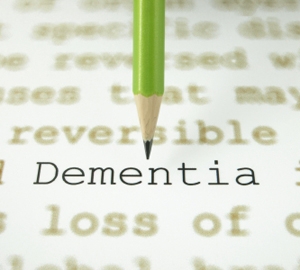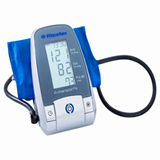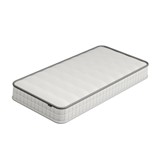Younger onset dementia is defined as dementia with symptom onset before the age of 65 years.
"We’re keen to get comprehensive Australian information. It seems odd that we have to continuously resort to overseas research upon which to base our estimates of Australian cases," lead researcher, Conjoint Professor Brian Draper from UNSW’s School of Psychiatry, said.
Preliminary research has identified 141 people in the eastern suburbs of Sydney with younger onset dementia. Those patients had a range of illnesses, including Alzheimer’s disease, frontotemporal dementia, brain infections, head injuries and problems with alcohol, as well as Parkinson’s disease and Multiple Sclerosis.
These early findings suggest that as many as one in 750 Australians may be affected. Previously published international data estimated the number at one in 1,000 people.
"Younger onset dementia has become an increasing public concern because more people are being diagnosed and their needs are not being adequately met by existing services that are more geared towards older people," Professor Draper said.
It is likely that the increase in cases is at least partially a result of the high number of Australians in the baby boomer generation now aged 45 to 65, he says.
The study
UNSW Medicine researchers would like to meet with patients living with a younger onset memory or related disorder, and/or with their family members or supporters and carers to learn more about their experiences and service needs. They will also be holding focus groups with health care and service providers.
People who would like more information or to participate may contact the Study Coordinator, Nicole Denham, on 02 9385 2617 .
Patients and their supporters who are not yet sure about how much time they can devote to the study can also attend a one-off informal focus group near their home that would involve talking about their experiences and service needs or listening to other people’s experiences.
All participants will receive a $25 gift card as a token of appreciation. The study is funded by the National Health and Medical Research Council.




-160x160-state_article-rel-cat.png)

